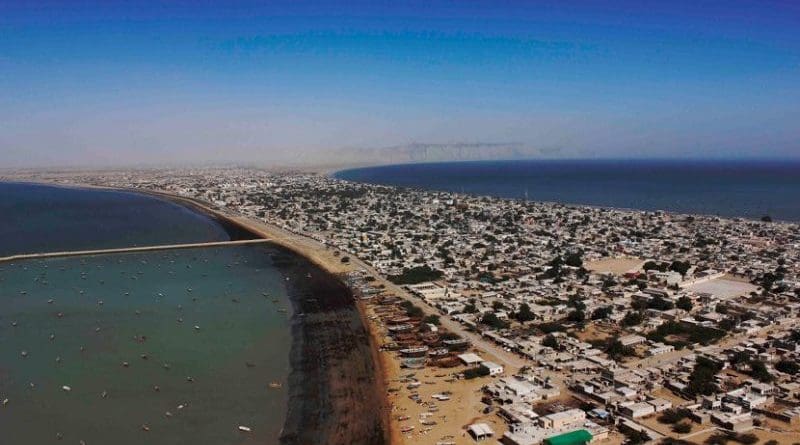Gwadar Free Zone North: Paving Way For Economic Progress And Investment – OpEd
The launch of Gwadar Free Zone North, also known as Phase II of the China-Pakistan Economic Corridor (CPEC), marks a significant milestone in the economic development of Gwadar. Spread over a vast area of 2,221 acres, this free zone is set to attract investors with its promising incentives, including tax exemptions for 20 years. The forthcoming commencement of operations by Agven Private Limited, an export fertilizer company, and Hangeng, an agricultural and livestock company, showcases the immense potential for job creation and economic growth in the region.
Agven Private Limited’s entry into the Gwadar Free Zone North is a momentous event as it becomes the first investor to set up an industry in the zone. The company’s establishment of a fertilizer factory on 10 acres of land not only marks a significant size of investment but also signifies the diversification of industries in Gwadar. The construction of the factory, completed in a remarkably short time, reflects the efficiency and commitment of the development projects in the area. As Agven starts its operations, it is expected to generate numerous job opportunities for the local workforce and stimulate other businesses in the Free Zone.
Furthermore, Hangeng’s plans to establish agricultural and livestock operations in Gwadar bring forth a new dimension of economic activities. With a focus on cultivating and purchasing agricultural products like aloe vera, the company aims to import pharmaceutical raw materials globally, process them in Gwadar Free Zone, and export the finished products to China. The venture is projected to create a substantial number of direct and indirect employment opportunities for the local population, uplifting their socio-economic conditions and encouraging future investments in the region.
Hangeng’s commitment to train local youth in animal husbandry, livestock development, and aloe vera cultivation signifies the transfer of expertise and knowledge from Chinese experts to the local workforce. This will not only enhance the skills of the local community but also foster the growth of specialized industries in the area. The establishment of a free animal husbandry breeding hospital further demonstrates Hangeng’s dedication to providing essential medical and technical services to support the industry’s development.
As the Gwadar Free Zone North evolves into an industrial ecosystem, it opens up numerous avenues for investment in aquaculture, medical treatment, and technical support facilities. The involvement of experts from China in training and development programs ensures that the local workforce is equipped with the necessary skills to participate actively in the growing industries. Hangeng’s vision to establish aloe vera planting bases and engage in aloe processing adds value to the region’s agricultural sector and offers opportunities for export to global markets.
The development and launch of Gwadar Free Zone North represent Pakistan’s commitment to fostering economic growth, attracting foreign investment, and enhancing regional connectivity through the CPEC project. As the zone starts its operations, it is likely to create a ripple effect, attracting more investors and leading to further economic prosperity in the region. The collaboration between Pakistan and China in developing Gwadar as a strategic economic hub is expected to drive socio-economic upliftment, job creation, and enhanced trade opportunities, transforming the region into a thriving economic center in the years to come.

